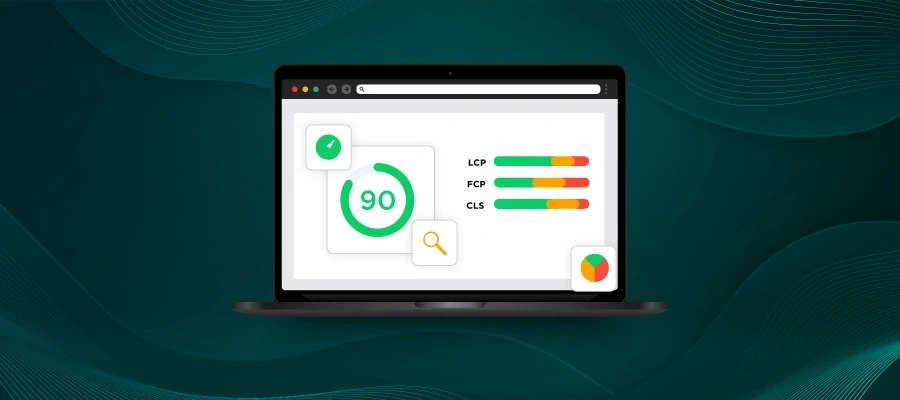Everyone has an opinion on what this year’s Black Friday/Cyber Monday will look like. We shared a blog back in August that looked at what some of the biggest retailers are doing in preparation, but while the level of consumer spending will remain in question until it’s all said and done, the one undisputed fact is that ecommerce will play a huge role.
Consumers flocked online when the COVID-19 pandemic hit, causing a decade’s worth of growth in online sales in just a few months. That means even more consumers will be shopping online when it comes to this year’s seasonal sales. So, the big question for many merchants is “am I ready?”
Most will say yes, but how do you really know? To truly answer that question, merchants need to understand how their ecommerce application handles sudden, dramatically increased surges in traffic. It’s a well known process called Load Testing, and at Webscale we like to think of it as “preparing for the best.”
Research shows that online consumers go elsewhere if they deem a site too slow (taking more than 3 seconds to load) or if they experience availability issues, such as a failing checkout. While the Webscale platform provides multiple caching layers, and proactively auto-scales application servers, there are numerous architecture and code dependencies that impact a site’s ability to scale under significant load. It is therefore of critical importance to understand:
- how your code behaves under heavy load.
- what functionality or web pages are slow.
- at what point, if any, do errors start appearing for your users.
- how your user’s web experiences change over increasing load.
Conducting a thorough evaluation of your site’s performance at peak demand ensures that any critical issues, particularly around scalability, are avoided. It is especially critical to do all of the above before high traffic shopping events.
The Webscale Application Load Testing Service is run as a synthetic test across any staging or cloned production site, hosted in any cloud provider, or in any on-premise data center. It simulates end user patterns and shopping behavior on the application, at a higher scale, while measuring its behavior, responsiveness and overall performance.
Testing is typically divided into two phases, and depends on the subscriptions of the load testing service:
- Phase 1: The system as originally deployed is tested for capacity using anonymous users (non logged in users). This is a replay of accelerated traffic without add-to-cart and checkouts. This establishes a baseline capacity from the system, can identify code and infrastructure deficiencies during load, and captures the bulk of load generated by high user traffic.
- Phase 2: The testing tool adds the ability to have logged-in users, add-to-cart and a high volume of checkouts to the baseline traffic provided in Phase 1.
Phase 1 tests identify average response time to the requests submitted, and determine what issues may be causing any anomalies in the results. During the tests, traffic from the log samples is increased 10x, all while monitoring for scaling issues as well as the CPU load on the database. We work with our customers to set response time goals and identify issues that may be preventing those goals from being hit.
Phase 2 tests ensure your storefront is ready to process large volumes of simultaneous checkouts. We do this by recording an actual browser session where a product is added to cart, checked out, and the payment POST request succeeded, and checkout success page is reached with a 200 response code. This is then tested to, and beyond, the checkout rates recorded during last year’s Black Friday and Cyber Monday sales events. To ensure a more strenuous test, we serve all traffic from the origin, because once the site is live, CDN offloading reduces this load.
The Webscale Application Load Testing Service can be run across any staging or cloned production site, hosted in any cloud provider or on-premise data center, so you don’t need to be a customer to take advantage of this service – you don’t even need to be in the cloud. So if you’re looking to cruise into your Q4 without a care in the world, reach out to us at info@webscale.com and we’ll set up a short call to discuss your needs.
You can also read more about our load testing process in this data sheet.














